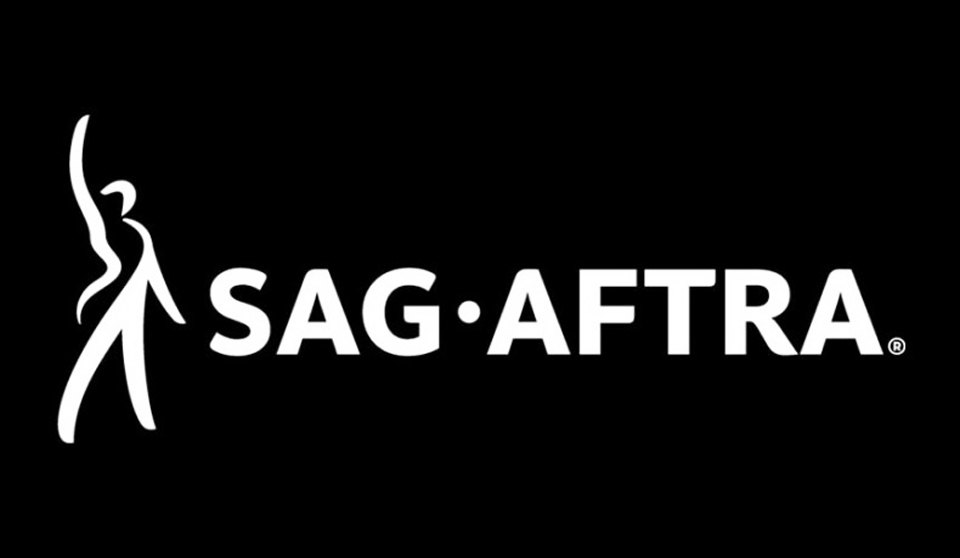
A stack of books sit in Gumberg Library. SGA is running a program where students can borrow textbooks they need for free. This allows students to save on book costs.

A stack of books sit in Gumberg Library. SGA is running a program where students can borrow textbooks they need for free. This allows students to save on book costs.
Raymond Arke | News Editor
Purchasing textbooks is often one of every college student’s least favorite activities. They tend to be expensive and often little used. However, Duquesne’s Student Government Association (SGA) is offering students a better option.
The SGA’s textbook loan program offers students the opportunity to borrow their books for free from Gumberg Library. The library has a variety of books available for students, many of which cover the Common Core classes.
Christie Kliewer, outreach and communications librarian at Gumberg, said that the collection contains 19 titles with “more on the way.” She said that students can find the books by asking a library employee at the 4th Floor Circulation desk.
Kliewer believes the loan program is important for students since it fits what Duquesne is all about.
“SGA and the Gumberg Library are passionate about this initiative because it exemplifies our university Mission of ‘serving God by serving others,’” she said.
President of SGA Olivia Erickson said the little-known service has been around for a few years.
“I think the project was a great initiative when it was started about 2 years ago by President-Emeritus John Foster,” she said. “The intent was that SGA could help provide books for student use and relieve some of the financial burden students face when buying new books semester after semester, and they wouldn’t be stuck with a book they only used for a semester or two.”
Stephen O’Brion is the SGA Vice President of Academic Affairs who oversees the program.
“These textbooks are being used in 24 courses where there are over 4,000 students enrolled. The UCOR textbooks are utilized across all sections,” he said.
Erickson believes that offering this to students is a crucial aspect of what SGA does.
“This is an important cause for SGA because we are able to aid students in their education and hopefully enhance their Duquesne experience. We exist to address student needs and textbook use, and cost will always be a concern for students. So I find it practical for us to help bridge that gap,” she said.
Some students could use the financial help the program offers. Dayton Kessler, sophomore finance major, spent around $500 on textbooks this semester. The amount is “obviously high,” but Kessler felt that he uses the textbooks enough to justify the costs.
“Oddly, I’m ok with it,” he laughed.
Yet, Kessler felt he wouldn’t use the lending service in the future.
“I would not want to risk [the textbook] being out of stock,” he said.
Even though some students are skeptical, Erickson thinks that, with more publicity, the program will grow as students understand the option. She’s happy that the choice of books being offered is expanding.
“I’m extremely pleased to be able to expand the existing collection with books from common courses and those that can often have a high cost associated with them,” she said. “Student use of the book loan program has been minimal since it began, and I hope to see a significant increase this year in student use and awareness of the program.”




